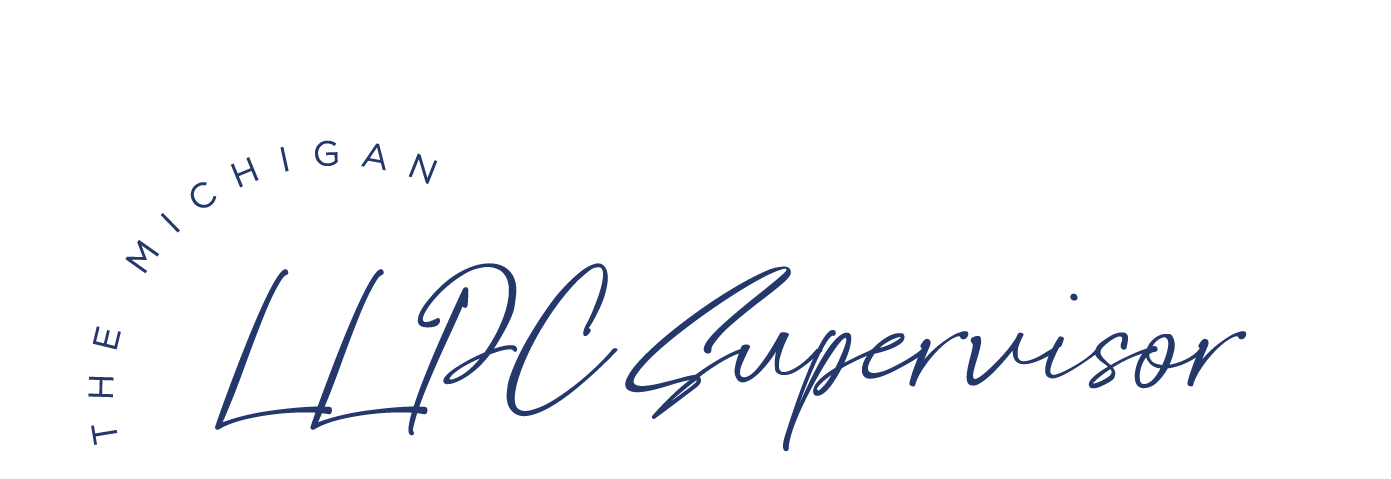Understanding LPC Supervision Qualifications in Michigan: A Comprehensive Guide for the Michigan LLPC
In the field of counseling, supervision plays a crucial role in the professional development of Licensed Professional Counselors (LPCs). To ensure that supervision meets regulatory standards, the Michigan Department of Licensing and Regulatory Affairs (LARA) has established specific qualifications for LPC supervisors. In this guide, we'll delve into the essential details outlined in LARA's document regarding LPC supervision qualifications.
Key Points from the Document:
Supervisor Eligibility Criteria: LARA outlines the qualifications that individuals must meet to become approved LPC supervisors. These criteria may include holding a current and active license as an LPC, meeting specific experience requirements, and completing any required training or coursework.
Supervision Requirements: The document may detail the minimum number of hours of supervision required for LPC candidates to fulfill licensure requirements. It may also specify the ratio of direct to indirect supervision hours and any limitations on group supervision.
Documentation and Reporting: LPC supervisors are typically required to maintain detailed records of supervision sessions, including dates, duration, and topics covered. They may also need to submit reports or documentation to LARA as part of the licensure process.
Tips for Compliance and Success:
Stay Informed: Keep abreast of any updates or changes to LPC supervision requirements issued by LARA. Regularly check the LARA website or subscribe to email updates to stay informed.
Maintain Accurate Records: Ensure that all supervision sessions are accurately documented and reported according to LARA's guidelines. Use templates or software tools to streamline record-keeping processes.
Invest in Continuing Education: As an LPC supervisor, consider participating in ongoing training and professional development opportunities related to supervision techniques, ethical considerations, and regulatory updates.
Navigating LPC supervision qualifications in Michigan requires a thorough understanding of LARA's guidelines and requirements. By adhering to these standards and investing in professional development, LPC supervisors can contribute to the growth and success of aspiring counselors while upholding the highest standards of care in the field of counseling.
For detailed information and specific requirements regarding LPC supervision qualifications in Michigan, refer to the official document provided by LARA here.

